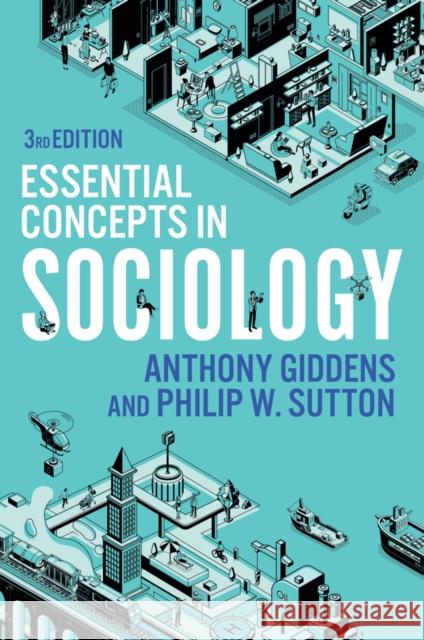Essential Concepts in Sociology » książka
topmenu
Essential Concepts in Sociology
ISBN-13: 9781509548095 / Angielski / Miękka / 2021 / 248 str.
Essential Concepts in Sociology
ISBN-13: 9781509548095 / Angielski / Miękka / 2021 / 248 str.
cena 76,40
(netto: 72,76 VAT: 5%)
Najniższa cena z 30 dni: 76,08
(netto: 72,76 VAT: 5%)
Najniższa cena z 30 dni: 76,08
Termin realizacji zamówienia:
ok. 30 dni roboczych.
ok. 30 dni roboczych.
Darmowa dostawa!
Kategorie:
Kategorie BISAC:
Wydawca:
John Wiley and Sons Ltd
Język:
Angielski
ISBN-13:
9781509548095
Rok wydania:
2021
Ilość stron:
248
Waga:
0.38 kg
Wymiary:
22.86 x 14.99 x 2.03
Oprawa:
Miękka
Wolumenów:
01
Dodatkowe informacje:
Bibliografia











